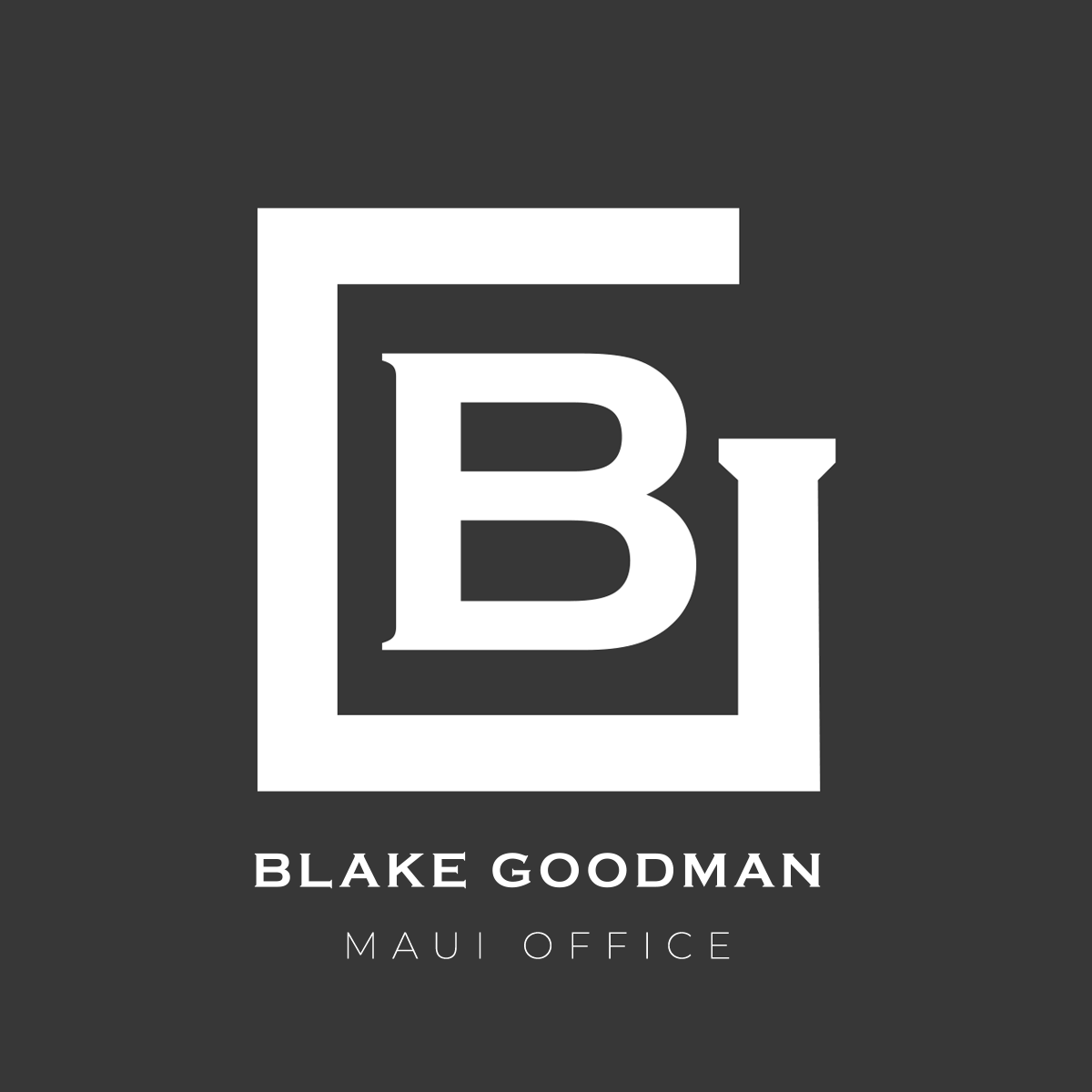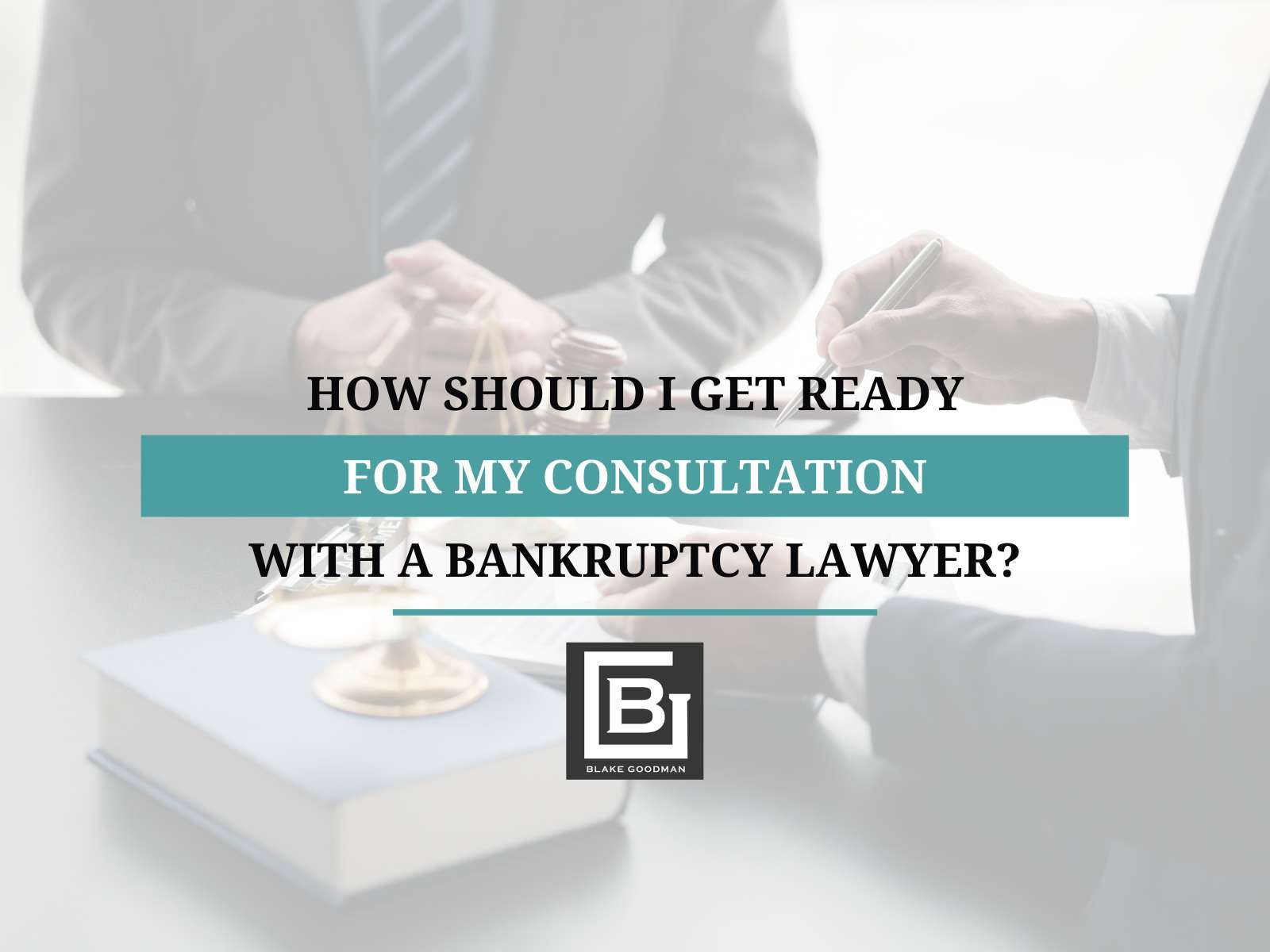What to Expect at a Consultation with a Maui Bankruptcy Attorney
Before your attorney can advise you on debt relief options, they need to know about your financial situation. The bankruptcy consultation gives you the chance to share your financial information and explain what led you to seek bankruptcy. A consultation also lets you meet with a Maui bankruptcy attorney to see if you like and can depend on them.
You’ll get the best advice if you prepare for your consultation ahead of time. Although it’s not hard work to collect documents and prepare questions to ask a bankruptcy attorney, it does take time. This page will explain how to prepare for a bankruptcy consultation in Maui, so you can get the most out of your meeting. If you have any questions, please contact the bankruptcy attorneys at Blake Goodman, PC, Attorney today.
Questions You’ll be Asked at Your Bankruptcy Lawyer Consultation
When you visit our office in Honolulu, Kaneohe, Aiea, or Maui, one of our experienced bankruptcy attorneys will spend some time getting to know you. They’ll ask you questions about your life and finances, such as:
- Are you married?
- Do you have kids?
- Are you behind on child support or spousal support (alimony) payments?
- How much money do you and your spouse make?
- What are your outstanding debts?
- Are you behind on payments?
- Are you facing eviction or foreclosure?
- Do you owe any back taxes?
- Do you own any assets? If yes, how much are they worth?
- Have you recently purchased, sold, or transferred any property?
- Has anyone served you with a lawsuit?
- What do you want to accomplish by filing for bankruptcy?
As your bankruptcy attorney asks questions, you might feel embarrassed about facing bankruptcy. Understand that our bankruptcy lawyers are professionals dedicated to helping people get their lives back on track. Your attorney should treat you with compassion during each step of your debt relief journey.
What To Bring To Your Bankruptcy Consultation
When you schedule a consultation with Blake Goodman, PC, there’s no need to worry about bringing any documents along. Our team is here to help you every step of the way. Instead of preparing a checklist of documents, simply come prepared to discuss your financial situation, and we will guide you through the process.
During the consultation, we will gather all the necessary information from you directly. Whether it’s proof of income, tax returns, a list of debts, household expenses, or details about your assets, we’ll take care of obtaining the relevant details.
However, rest assured that our team is equipped to handle these situations even if you don’t have the documents readily available. We offer free consultations and flexible payment plans to begin your case. So, come to your consultation with Blake Goodman PC, knowing that you won’t need to worry about gathering and bringing any documents – we’ve got you covered!
How Many Types of Bankruptcy Are There?
There are 6 different types of bankruptcy according to the United States Bankruptcy Code. Each one of them is named after the chapter in the code where it is described. As a Maui bankruptcy lawyer, I can guide you through the details of each type:
- Chapter 7: Liquidation
- Chapter 13: Repayment Plan
- Chapter 11: Large Reorganization
- Chapter 12: Family Farmers
- Chapter 15: Used in Foreign Cases
- Chapter 9: Municipalities
More than likely, you would only be dealing with the two most common types of bankruptcies for individuals: Chapter 7 and Chapter 13. But we’ll take a look at each type so you’re familiar with the options.
Chapter 7 Bankruptcy
Chapter 7 bankruptcy is a liquidation bankruptcy, which means that your assets are sold to pay off your debts. You may be able to keep some of your property, such as your home, car, and personal belongings if they are considered exempt under the bankruptcy code. However, if you have non-exempt assets, such as investments or luxury items, they will be sold to pay your creditors. Chapter 7 bankruptcy is a relatively quick process, and your debts will be discharged within a few months of filing.
Chapter 13 Bankruptcy
Chapter 13 bankruptcy is a reorganization bankruptcy, which means that you create a repayment plan to pay back your creditors over a period of three to five years. The amount you pay each month will depend on your income and expenses. Chapter 13 bankruptcy can help you keep your property, such as your home and car, and avoid foreclosure or repossession. It can also help you lower your monthly payments and get out of debt faster.
Bankruptcy Consultation Questions To Ask
While your Maui bankruptcy attorney will provide plenty of information at your consultation, you’ll likely still have specific questions you want to ask. We recommend arriving with a list of questions so you don’t forget anything.
Here are some questions you should consider asking during your consultation:
- Which chapter of bankruptcy should I file?
- Will all my debt be forgiven if I file for bankruptcy?
- Will I be able to keep my house, car, and bank account?
- What are your fees?
- What do your fees cover?
- How long will it take to prepare and file my bankruptcy petition?
After the consultation, your Maui bankruptcy attorney will take the information you provided and prepare your bankruptcy petition. They may also contact you after your consultation to gather any missing details.
Get in Touch With Our Bankruptcy Lawyers for a Consultation Today
At Blake Goodman, PC, we have helped thousands of Hawaiians regain control of their finances. We offer Chapter 7 and Chapter 13 bankruptcy, debt negotiation, and non-bankruptcy solutions. Contact us by phone or online today to find out how we can help you.
By scheduling a consultation with us, you’ll be taking a crucial first step toward financial freedom.

Email: blake@debtfreehawaii.com
Website: https://www.debtfreehawaii.com/
HONOLULU OFFICE
900 Fort Street MallSuite 910
Honolulu, HI 96813
Phone: (808) 517-5446
AIEA OFFICE
98-1238 Ka'ahumanu StSuite 201
Pearl City, HI 96782
Phone: (808) 515-3441
KANEOHE OFFICE
46-005 Kawa StSuite 206
Kaneohe, HI 96744
Phone: (808) 515-3304
MAUI OFFICE
220 Imi Kala St. #203BWailuku, HI 96793
Phone: (808) 515-2037

Blake Goodman received his law degree from George Washington University in Washington, D.C. in 1989 and has been exclusively practicing bankruptcy-related law in Texas, New Mexico, and Hawaii ever since. In the past, Attorney Goodman also worked as a Certified Public Accountant, receiving his license form the State of Maryland in 1988.


